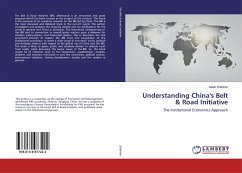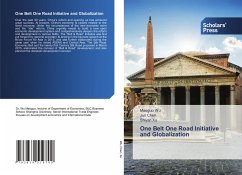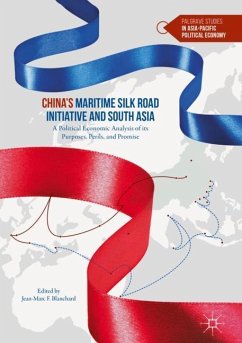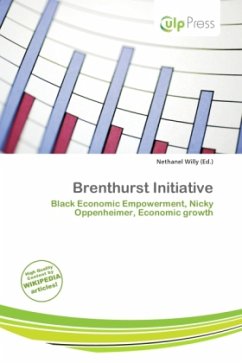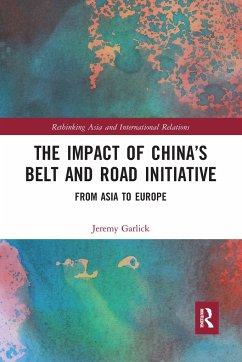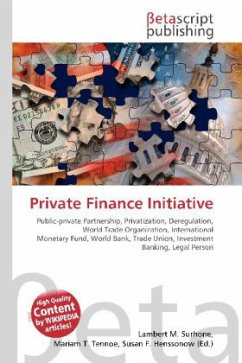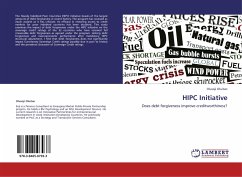
HIPC Initiative
Does debt forgiveness improve creditworthiness?
Versandkostenfrei!
Versandfertig in 6-10 Tagen
32,99 €
inkl. MwSt.

PAYBACK Punkte
16 °P sammeln!
The Heavily Indebted Poor Countries (HIPC) Initiative boasts of the largest amounts of debt forgiveness in recent history. The program has received as much acclaim as it has criticism. Its efficacy in restoring access to credit markets for poor indebted countries has been doubted. This study examines the impact of debt forgiveness under the HIPC initiative on the sovereign credit ratings of the 32 countries who have received full irrevocable debt forgiveness as agreed under the program. Linking debt forgiveness and macroeconomic performance after mandatory HIPC structural adjustment, I find th...
The Heavily Indebted Poor Countries (HIPC) Initiative boasts of the largest amounts of debt forgiveness in recent history. The program has received as much acclaim as it has criticism. Its efficacy in restoring access to credit markets for poor indebted countries has been doubted. This study examines the impact of debt forgiveness under the HIPC initiative on the sovereign credit ratings of the 32 countries who have received full irrevocable debt forgiveness as agreed under the program. Linking debt forgiveness and macroeconomic performance after mandatory HIPC structural adjustment, I find that debt forgiveness does not significantly impact Euromoney Sovereign Credit ratings possibly due in part to history and the persistent character of Sovereign Credit ratings.




